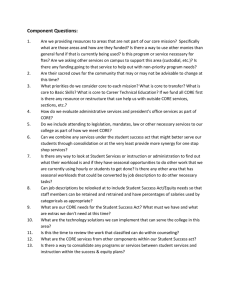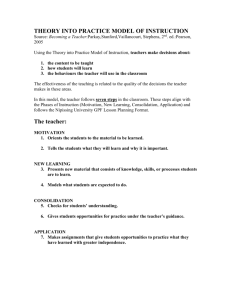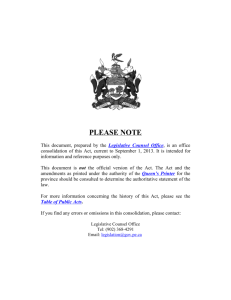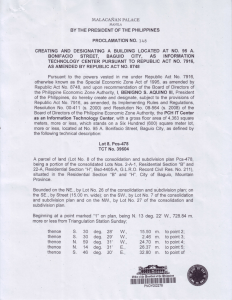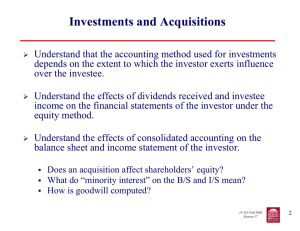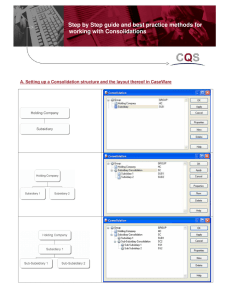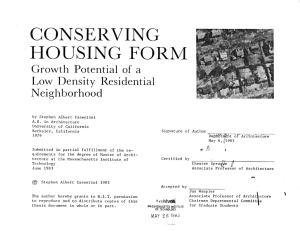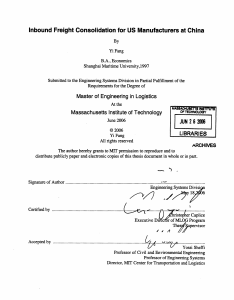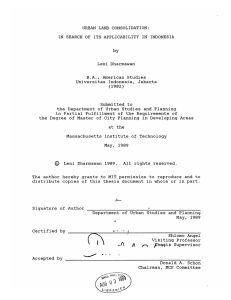ACCOUNTING CONSIDERATIONS FOR LONG-TERM POWER PURCHASE AGREEMENTS May 30, 2008
advertisement
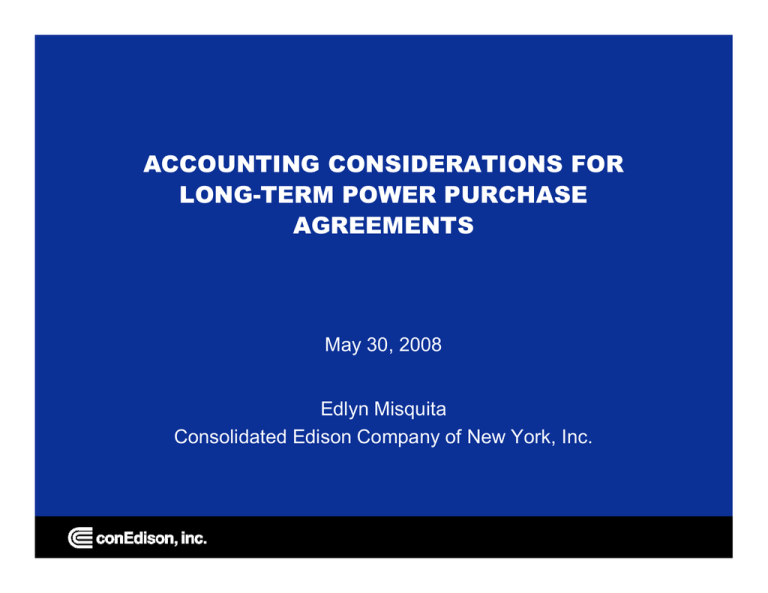
ACCOUNTING CONSIDERATIONS FOR LONG-TERM POWER PURCHASE AGREEMENTS May 30, 2008 Edlyn Misquita Consolidated Edison Company of New York, Inc. Accounting Consolidation Models Traditional Voting Interest FIN 46 “Variable Interest” Model Model Consolidation based on Consolidation based on equity ownership and voting economic risks and rewards interests Ownership NOT a criteria for determining consolidation 2 Definition of a Variable Interest Entity Equity holders do not have a controlling financial interest (any one of the following conditions) – Entity is thinly capitalized – Equity holders lack decision-making rights – Equity holders’ rights to return are capped – Equity holders are protected from losses PPAs scoped in 3 When is a PPA a Variable Interest? Does the contract create or absorb risk? Case-by-case evaluation Not a Variable Interest Variable Interest Risk absorbers Risk creators • Variable price contract tied to fuel • Fixed price contract for a hydro plant • Fixed price contract for a gas-fueled plant Recovery mechanism not considered 4 Consolidation Issues Financial reporting risk if consolidation is required – Quarterly financial information for SEC reporting – Sarbanes-Oxley certification of internal controls – Deficiencies in either of the above could result in a qualified audit opinion 5 Debt Imputation Issues • Restricted borrowing capacity • Higher costs of capital • Need to rebalance capital structure • Overall decrease in market value 6 Other Utility PPA Considerations • Risk transfer to utility customers/investors • Retail access • Strandable costs • Impact of market mitigation measures 7 How to Better Encourage New Supply • Predictability, consistency and transparency in market design • Forward capacity markets • Price or credit support from government if needed • Utility build option - reliability backstop solution if market fails 8
